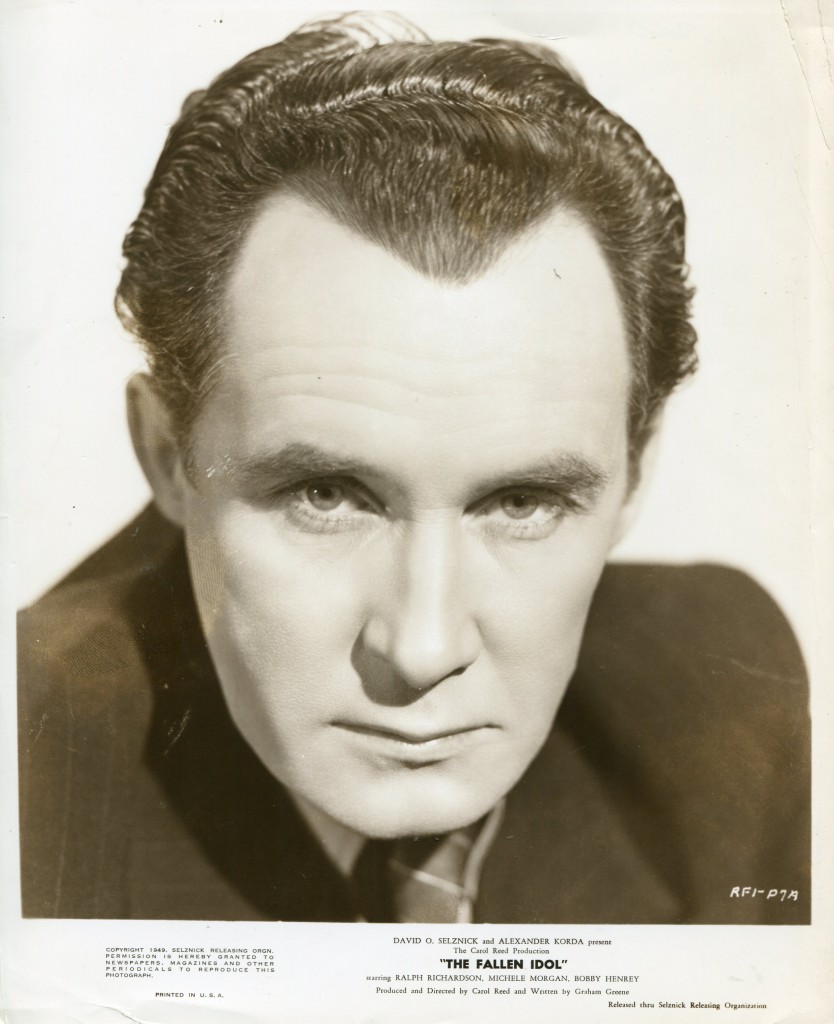
Denis O’Dea.
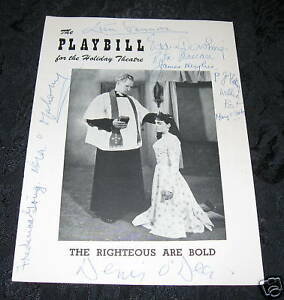
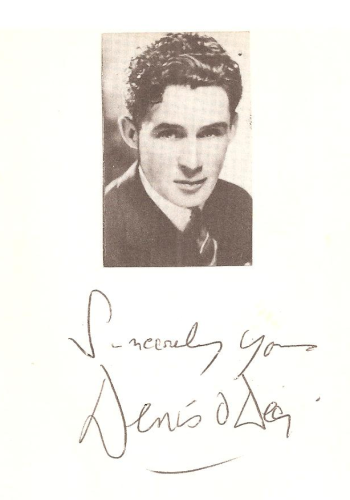
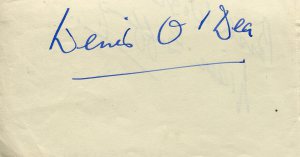
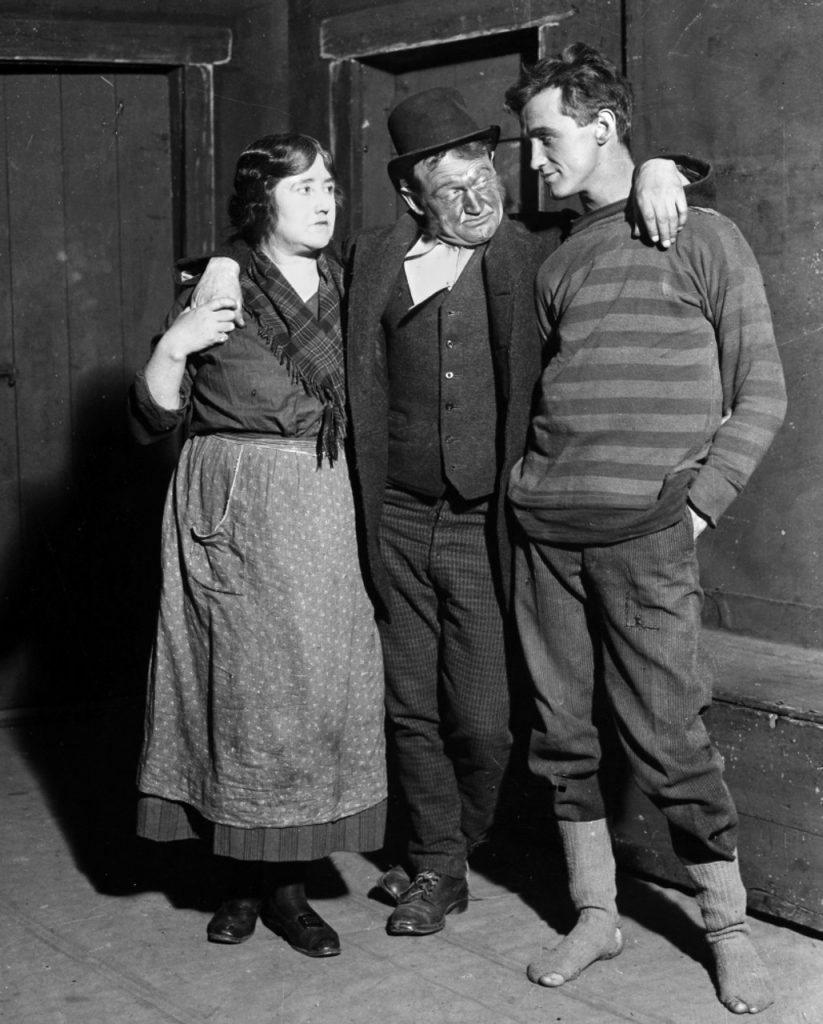
Denis O’Dea was a very popular Irish actor who was a leading member of the famed Abbey Theatre players. He was born in Dublin in 1905. He made his film debut in the Irish film “Guests of the Nation” in 1935. The same year he was in Hollywood and part of the cast of John Ford’s classic “The Informer”. Thus began a film career in British and U.S. movies including such films as “The Plough and the Stars”, “The Fallen Idol”, “Under Capricorn”, “Treasure Island”, “Mogambo”, “Never Take No for An Answer” and “Niagara” with Marilyn Monroe in 1953. His final movie was “Esther and the King” with Joan Collins in 1960. He died in 1978. His wife was the magnificent actress Siobhan McKenna and their son Donnacha O’Dea was a noted swimmer and poker player.
“Wikipedia” entry:
He was born in Dublin. When very young he and his mother Kathleen (from County Kerry) moved in with her sister, who kept a boarding house at 54 South Richmond Street. He worked in insurance until taking up acting. O’Dea was a leading member of Dublin’s Abbey Theatre, where his work led to a number of notable film roles, including two mid-1930s John Ford films, The Informer (1935 film) and The Plough and the Stars (1936), and the part of the police inspector in pursuit of IRA man James Mason in Carol Reed‘s Odd Man Out(1947).
Other films in which he appeared include: The Mark Of Cain (1948), The Fallen Idol (1948, again for Reed, and again as a police inspector), Alfred Hitchcock‘s Under Capricorn(1949), The Bad Lord Byron (1949), Landfall (1949), Disney’s Treasure Island (1950), Marry Me! (1950), Captain Horatio Hornblower R.N. (1951), The Long Dark Hall (1951),Mogambo (1953; another John Ford film), Niagara (1953), Never Take No For An Answer (1953), Raoul Walsh‘s Sea Devils (1953), The Rising of the Moon (1957), Captain Lightfoot(1957), Darby O’Gill and the Little People (1959) and Esther and the King (1960).
He was married to actress Siobhán McKenna from 1946 until his death in 1978 at the age of 73; they had one son, Donnacha O’Dea, who was a champion swimmer and professional poker player.
The above “Wikipedia” enry can also be accessed online here.
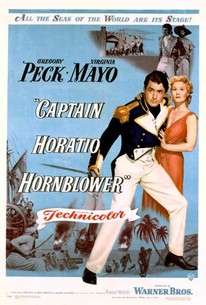
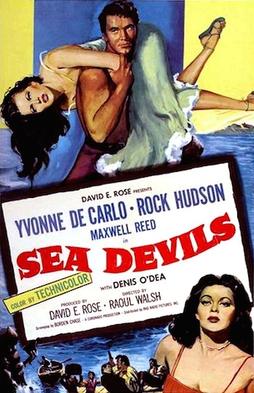
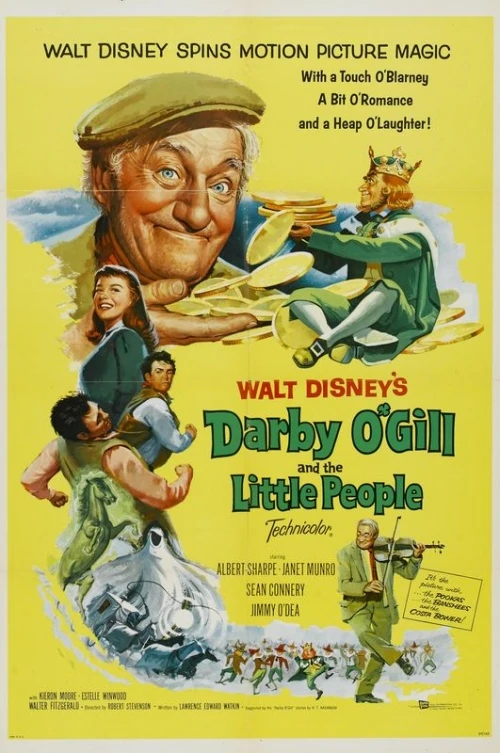
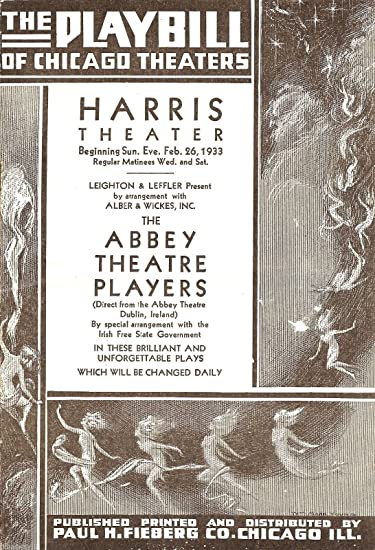
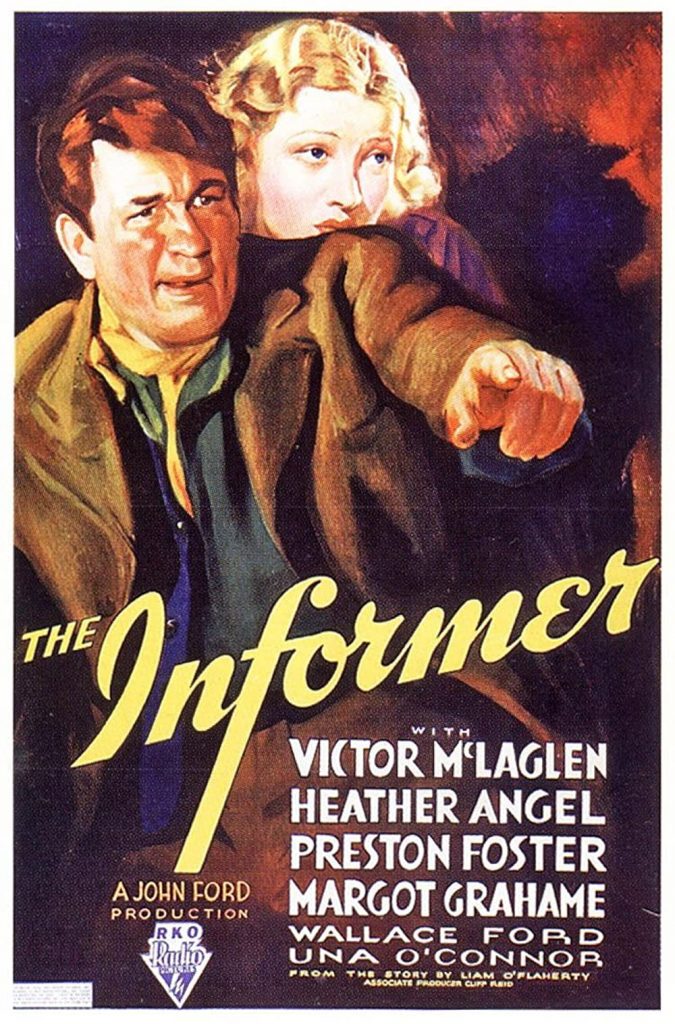
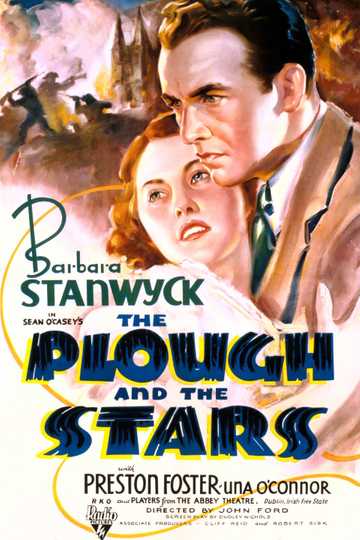
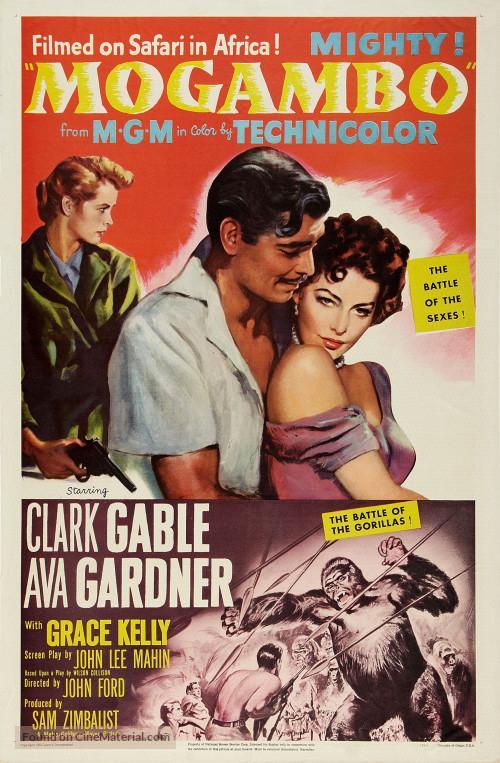
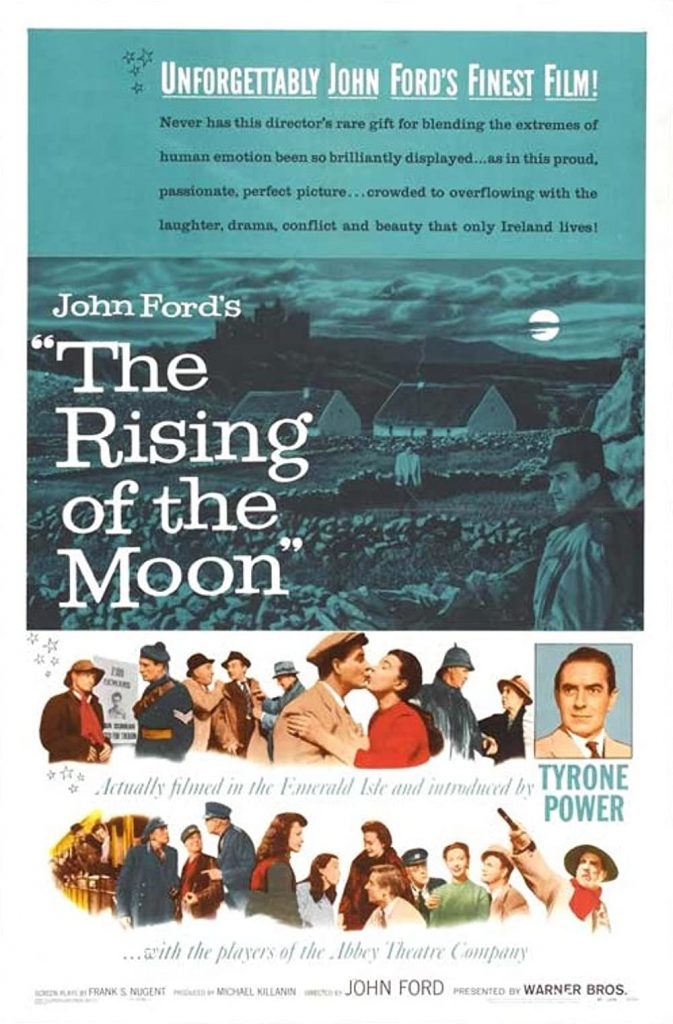
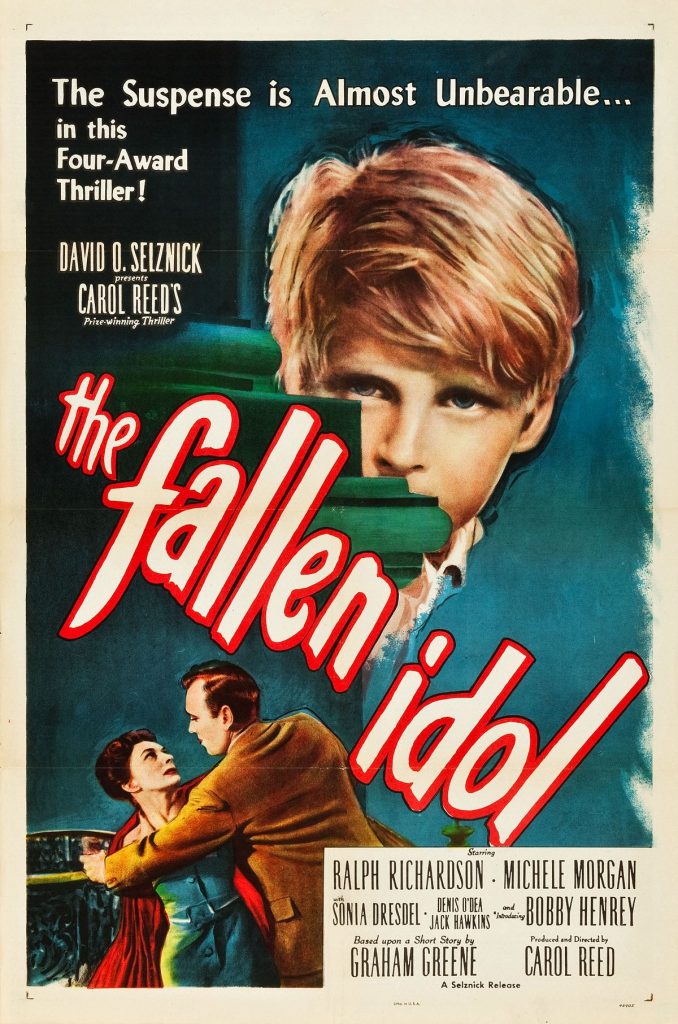
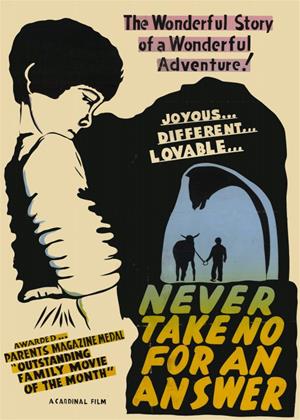
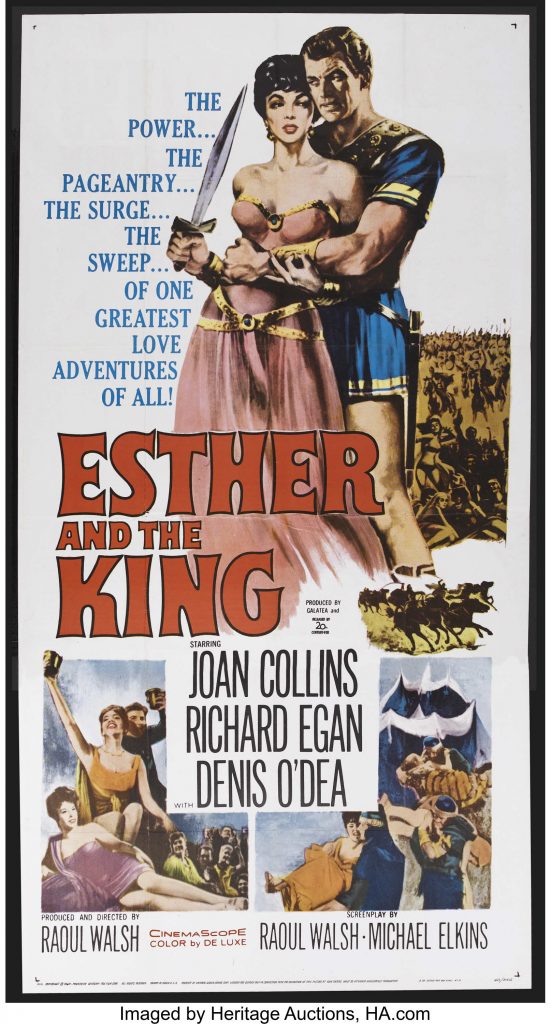
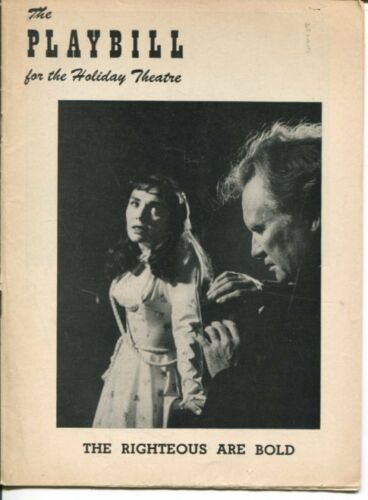
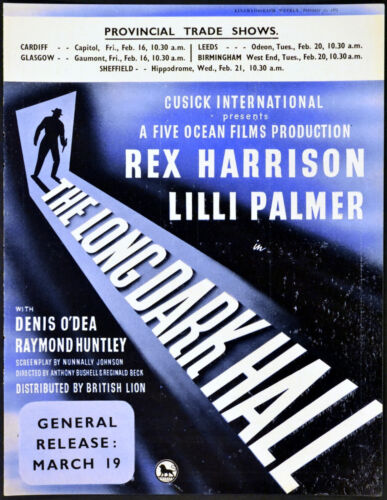
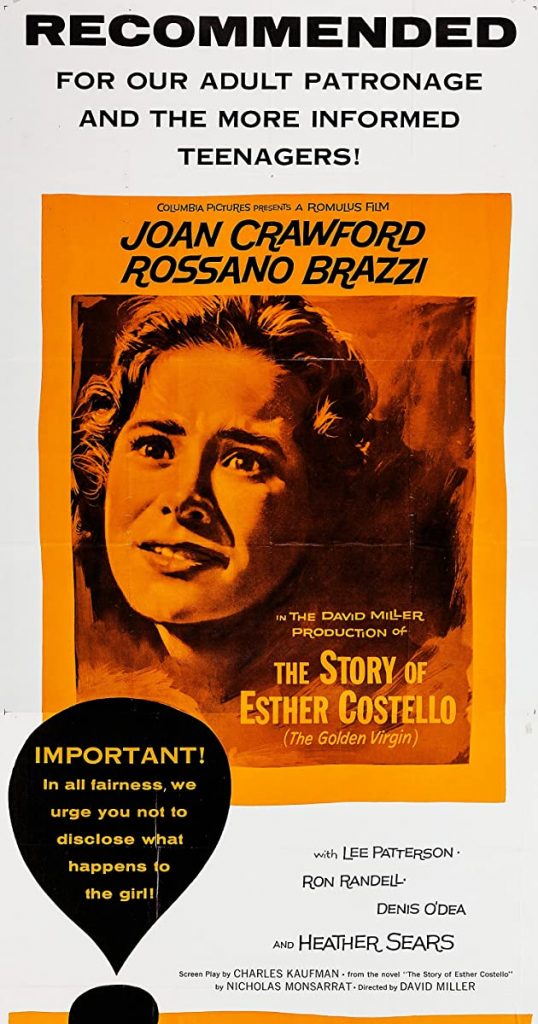
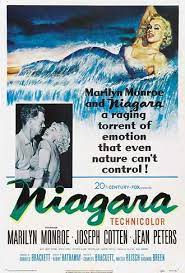
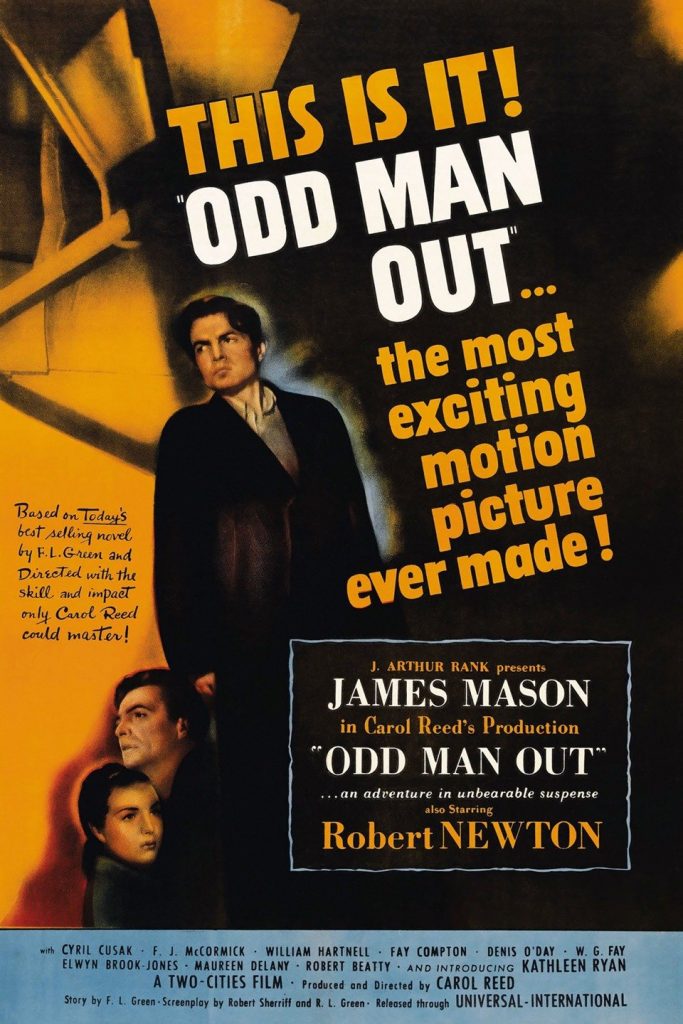
Dictionary of Irish Biography
Contributed by
O’Dea, Denis (1903–78), actor, was born 26 April 1903 in Dublin, the only child of Michael O’Dea, RIC officer, and Katherine O’Dea (née Neilson), both originally from north Co. Kerry. At the time of Denis’s birth they were living at Desmond Place, north Dublin, but they later moved in with Katherine’s sister, Josephine Neill, who ran a boarding house and flats in 52 South Richmond St., which became Denis’s home until his aunt died (c.1957). He was educated at the CBS, Synge St. As a young man he joined the 3rd Dublin Battalion of the IRA and was on the anti-treaty side in the civil war. Arrested after an ambush in St Stephen’s Green when a bystander was killed, he was interned in Newbridge barracks, aged 19. There he held plays on an improvised stage in the dining hall and, after release, he and other ex-internees staged plays at the Rotunda and other venues to raise funds for the dependants of republican prisoners. Rejecting his previous plans to study medicine, he attended the Abbey school of acting and made his first professional appearance in the Abbey in September 1929 in ‘The woman’, a play by Margaret O’Leary. At this period he was working in insurance, but shortly afterwards he went on the Abbey payroll. His early parts included Luke Cary in George Shiels‘s (qv) ‘The new gossoon’ (1930); Donnell Blake in the production by Lennox Robinson (qv) of ‘The moon in the yellow river’ (April 1931) by Denis Johnston (qv); and Michael Taafe in ‘Margaret Gillan’ (17 July 1933) by Brinsley McNamara (qv). He was part of the Abbey tour of America in 1932 and 1938 and, being strikingly handsome, was able to embark on a Hollywood career, although he was almost invariably in supporting roles. His first screen appearance was in The informer (1935) by John Ford (qv), and the following year he appeared as the young Covey in that director’s The plough and the stars (1936) and was singled out for praise in The Times. A noted success was as the chilly, implacable inspector chasing an escaped IRA convict (played by James Mason) through Belfast in Carol Reed’s classic Odd man out (1947).
In September 1946 he married in Salthill, Co. Galway, a young actress from the Abbey company, Siobhán McKenna (qv). The following year both left the Abbey company. Parts in Paramount films – O’Dea was in The mark of Cain (1947) with Eric Portman and The fallen idol (1948) with Ralph Richardson, and McKenna starred in Daughter of darkness (1948) – meant that they spent much of the 1940s living in Chelsea. However, in 1951 they formed an ad hoc company called the Dublin Players, which put on ‘The playboy of the western world’ at the Edinburgh Festival (1951), and then at the Gaiety Theatre, Dublin (July 1953). In what had increasingly become the pattern, McKenna starred (as Pegeen Mike) and O’Dea took on a supporting role (as Shameen Keogh). It was the last time they appeared on stage together. Her career soon eclipsed his.
In Dublin they settled in his aunt’s house at Richmond St., where he had grown up, and he became chief carer for their only child, Donncha (b. 1948). The household was Irish-speaking, helped by maids from the Gaeltacht. O’Dea went frequently to Dunquin, Co. Kerry, to improve his Irish. Work on screen and stage became infrequent; in 1955 he appeared as Fr O’Malley in Eddie Dowling’s off-Broadway production of ‘The righteous are bold’ by Frank Carney (1902–76). The director was inexperienced and the play folded after a short run. In 1953 he appeared in Ford’s Mogambowith Grace Kelly, and in 1959 was Fr Murphy in Disney’s Darby O’Gill and the little people, but this proved his penultimate film role. His stage career lasted only a few years longer; he continued to turn in subtle, highly rated performances until the last. The Times (5 Dec. 1959) noted that he made the complex part of the Canon, in Paul Vincent Carroll‘s (qv) ‘Shadow and substance’, comprehensible and even anxiously sympathetic. In 1966, prior to the opening of the new Abbey theatre, he was appointed one of twenty-five new shareholders to advise the directors on theatre policy. After the inaugural meeting he attended no more meetings. He was later nominated with Jack MacGowran (qv), Ray McAnally (qv), and Cyril Cusack (qv) as one of the ten life-members of the Abbey.
A reticent man with a capacity for self-effacement unusual for his profession, O’Dea was noted for his generosity, his wry humour, and his practical jokes. An alleged impersonation of Lennox Robinson (qv) in Louis D’Alton‘s (qv) comedy ‘The money doesn’t matter’ led to Frank O’Connor (qv) in The Bell accusing him of mocking Robinson as an alcoholic sponger. O’Dea sued for libel but, on hearing of the magazine’s impecuniousness, retracted. On another occasion, when Flann O’Brien (qv) refused to take a curtain call, O’Dea took the stage in knee breeches, green coat, and a shillelagh, claiming to be the author.
He died 5 November 1978 in Dublin, having moved after his aunt’s death (c.1957) to Highfield Road, Rathgar. He was survived by his wife and his son, Donncha O’Dea, who was a champion sprinter and swimmer (representing Ireland at the Mexico Olympics in 1968) and a professional poker player who was sixth in the world series in Las Vegas in 1983. In this he resembled his father, a celebrated Dublin poker player, whose long-time friend, Seán Lemass (qv) once warned the writer Gabriel Fallon (qv): ‘Never play with O’Dea. That fellow plays from the cellar up’ (Ir. Times, 7 Nov. 1978).
Sources
Times, 30 Apr. 1931, 8 Feb. 1937, 16 Aug. 1950, 5 Dec. 1959, 7 Nov. 1978; Lennox Robinson, Ireland’s Abbey Theatre (1951); John Parker, Who’s who in the theatre (1952); Robert Hogan and Michael J. O’Neill (ed.), Joseph Holloway’s Irish theatre (1970), ii, iii; Ir. Times, 7 Nov. 1978; Who was who on screen (1983); Micheál Ó hAodha, Siobhán: memoir of an actress (1994); Robert Welch, The Abbey theatre, 1899–1999 (1999)

